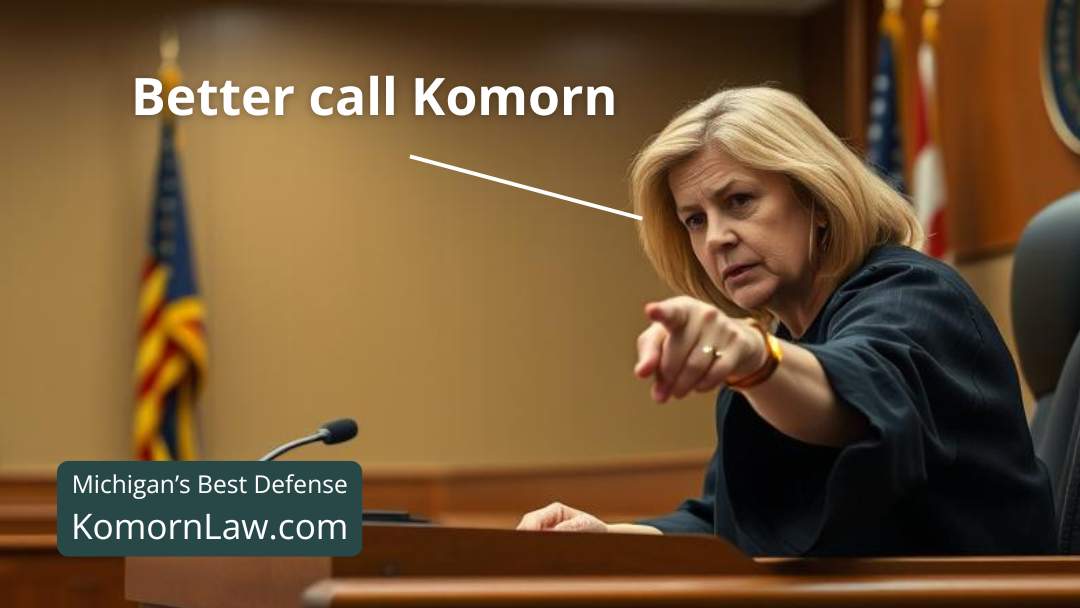The federal U.S. Sentencing Commission (USSC) has approved a revised amendment to sentencing guidelines, advising judges to adopt a more lenient approach towards prior marijuana possession offenses.
Members of the commission voted to approve a range of amendments to the current guidelines, incorporating a multi-part revision of criminal history.
This revised version now encompasses cannabis possession as a compelling illustration of an offense that typically necessitates contemplation for sentencing discretion.
As it currently stands, federal judges are instructed to consider previous convictions, which include cannabis offenses at the state level, as aggravating factors when determining sentencing for new cases.
But as legalization of marijuana expands to more states, advocates have been advocating for revised guidelines to prevent an individual’s marijuana-related record from contributing criminal history points that could result in harsher sentencing.
The proposal does not aim to completely eliminate marijuana convictions as a factor in criminal history. However, it suggests modifying the commentary within the guidelines to consider instances where a downward departure from the defendant’s criminal history may be appropriate, specifically mentioning sentences resulting from possession of marijuana offenses.
“While marihuana remains a Schedule I controlled substance under the federal Controlled Substances Act (CSA), subjecting offenders to up to one year in prison (and up to two or three years in prison for repeat offenders), many states and territories have reduced or eliminated the penalties for possessing small quantities of marihuana for personal use,” it notes.
The term ‘downward departure’ refers to situations where federal judges exercise their discretion to impose sentences that are below the recommended minimum under current guidelines.
It is crucial to recognize and explicitly acknowledge that mere possession of cannabis, without any intent to sell or distribute it to others, presents a compelling case that warrants leniency in sentencing.
By doing so, we uphold the principle of fairness and ensure that appropriate discretion is exercised in such circumstances.
USSC’s report in January exposed a disturbing reality: countless individuals faced harsher federal prison sentences as a consequence of their prior convictions on cannabis possession charges in states that have since enacted reforms to marijuana laws.
The revised guidance is on track to be presented to Congress by May 1 2023, and once accepted without opposition from lawmakers, the amendment will officially take effect on November 1.
Follow up…
More Posts

Legal Tip – Driving High on Cannabis in Michigan
Driving under the influence of cannabis is illegal and carries serious consequences in Michigan.We have fought and won many cases from the District Courts, Circuit Courts, Court of Appeals and the Supreme Court through out the State of Michigan. We have also fought...

Michigan House Bill NO. 4391
It may just be easier to collect and analyze tears.This legislation seeks to integrate saliva testing for cannabis within law enforcement procedures, designating a refusal to participate in this testing as a criminal offense, similar to the penalties imposed for...

Legal Tip – Your Rights During a DUI Stop in Michigan
Komorn Law - Quick Legal TipsLegal Tip: Understanding Your Rights During a DUI Stop in Michigan A DUI stop can be stressful, but knowing your rights is crucial. You have the right to remain silent. You are not obligated to answer questions beyond basic identification....

How Much Does It Cost To Hire a Criminal Defense Attorney?
Don't do the crime - if you can't pay the price.Average Flat Fees. Some criminal defense attorneys charge a flat fee for certain types of cases, instead of billing by the hour. This may or may not include filing fees, motions, fees, etc. Flat fees include: DUI/DWI –...

What do you do when you are pulled over for suspected DUI?
If you are pulled over for suspected drunk driving you are probably going to be arrested. The less you say - the better off you are in the long run. If you find yourself being pulled over for suspected DUI, ensure you pull over safely to the roadside, maintain a...

One of Michigan’s Top DUI Attorneys
We aggressively defend all aspects of traffic law, from simple civil infractions to more serious alcohol and drug-related offenses. Don't wait till the last second to get an attorney. That's how you lose.Why Attorney Michael Komorn is one of Michigan’s Top DUI...

Michigan DUI Laws and Consequences – Second Offense
Michigan DUI Laws and Consequences – Second Offense Operating Under the Influence (OUI) is a serious offense in Michigan. If someone is caught driving under the influence of alcohol or drugs, they can face severe penalties. When it comes to a second offense, the...

Federal Ban on Owning Firearms by Cannabis Consumers is Unconstitutional Court Says
Federal charges against a non-violent, cannabis-using gun owner were unconstitutional.A federal appeals court panel upheld a lower court's ruling on Wednesday, declaring that federal charges against a non-violent, cannabis-using gun owner were unconstitutional. “The...

Michigan DUI Laws and Consequences – First Offense
First Offense DUI in Michigan: Laws and ConsequencesFacing a first offense DUI in Michigan can be daunting as the implications are significant and the legal landscape is complex. Understanding the laws surrounding Operating While Intoxicated is essential, as these...

Michigan Appeals Court Decision on Cannabis Use and Probation
Michigan Court of Appeals - Recreational Cannabis Use and ProbationRecently, another pivotal case, People v. Lopez-Hernandez, was decided by the Michigan Court of AppealsAt Komorn Law, we are dedicated to protecting the rights of our clients and staying at the...










